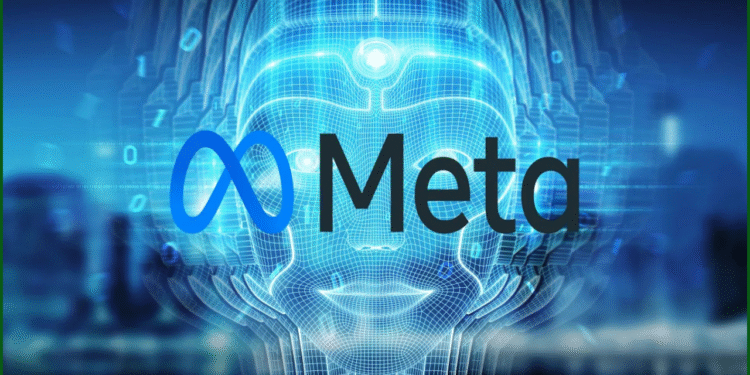In a bold move to strengthen its position in the artificial intelligence landscape, Meta has launched a new application programming interface (API) for its Llama AI models, designed to simplify and accelerate AI development for businesses and independent creators. Announced at Meta’s inaugural LlamaCon, a developer-focused event held virtually on April 29, 2025, the Llama API aims to make its open-source AI models more accessible, fostering innovation and collaboration across industries.
A Game-Changer for Developers
The Llama API allows developers to tap into the power of Meta’s Llama models with minimal setup, enabling seamless integration into a wide range of applications—from customer service chatbots to advanced data analytics tools. By offering a streamlined interface, Meta is lowering the barriers to entry for developers who want to leverage cutting-edge AI without managing complex infrastructure.
“This is about empowering creators to build smarter, faster, and more efficient solutions,” said a Meta spokesperson during the LlamaCon keynote. The API supports lightweight software development kits (SDKs) in Python and TypeScript, making it versatile for developers working in different environments. Additionally, the API is designed to be compatible with existing tools, allowing for easy migration from other AI platforms.
Strategic Partnerships for Speed and Scale
To enhance the API’s performance, Meta has partnered with leading AI hardware innovators, including Cerebras and Groq. These collaborations promise lightning-fast inference speeds, enabling developers to process complex AI tasks in real time. Early benchmarks suggest that the Llama API, powered by these partnerships, can handle large-scale workloads with unprecedented efficiency, making it ideal for applications requiring instant responses, such as virtual assistants and live data processing systems.
“Speed is critical for the next generation of AI applications,” said an industry analyst. “Meta’s focus on optimizing inference through these partnerships could give it an edge in the competitive AI market.”
Open-Source Roots, Commercial Ambitions
Meta’s Llama models have long been celebrated for their open-source availability, amassing over a billion downloads since their debut. The Llama API builds on this foundation, offering developers the flexibility to experiment, customize, and deploy AI solutions tailored to their needs. Unlike proprietary AI platforms, Meta’s approach emphasizes transparency and community-driven innovation, allowing developers to adapt Llama models for specific use cases.
While the API is currently in a limited preview phase, Meta plans to expand access in the coming months. The company has not yet revealed pricing details, but industry observers speculate that Meta may adopt a pay-per-use model to compete with other AI service providers. This move marks a significant shift for Meta, which has traditionally offered its Llama models for free, signaling its intent to monetize its AI infrastructure while maintaining its commitment to open-source principles.
A Competitive Landscape
The launch of the Llama API positions Meta as a direct competitor to industry giants like OpenAI and Google, as well as emerging players offering cost-effective AI solutions. By combining ease of use, high performance, and open-source flexibility, Meta is appealing to a broad spectrum of developers—from startups to large enterprises—who are seeking alternatives to proprietary AI ecosystems.
“Meta is betting on the power of community and collaboration,” said a tech industry commentator. “By making Llama models easier to use and faster to deploy, they’re inviting developers to rethink how AI can be integrated into their products.”
Looking Ahead
As Meta rolls out the Llama API, the tech world is watching closely. The API’s success will depend on Meta’s ability to deliver reliable performance, attract a vibrant developer community, and navigate the complexities of a rapidly evolving AI market. For now, the Llama API represents a promising step toward democratizing AI development, giving creators the tools they need to build the next wave of intelligent applications.
Developers interested in exploring the Llama API can request access through Meta’s developer portal, with broader availability expected in the near future. As the AI revolution accelerates, Meta’s latest offering could redefine how businesses and innovators harness the power of artificial intelligence.


















































